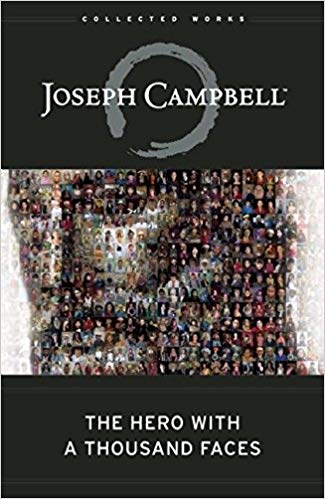

This article is an excerpt from the Shortform summary of "The Hero with a Thousand Faces" by Joseph Campbell. Shortform has the world's best summaries of books you should be reading.
Like this article? Sign up for a free trial here .
What is stage 2 of Joseph Campbell’s hero’s journey? What is the “refusal of the call”?
The refusal of the call is the initial reluctance of a hero to follow the steps of their destiny and heed the call of adventure. The refusal of the call is stage 2 of Joseph Campbell’s hero’s journey, from The Hero with a Thousand Faces.
We’ll cover what the refusal of the call entails and look at an example of a hero refusing the call.
Refusal of the Call
A common feature of the monomyth is the hero’s refusal of the call, an initial reluctance to follow the steps of their destiny. In folk tales and myths across the world and throughout history, this refusal amounts to a selfish impulse to give up one’s narrow, immediate interests in the pursuit of spiritual awakening or even the salvation of the universe. In psychoanalytic terms, the refusal represents the clinging to infantile needs for security. Thus, the mother and father are the figures preventing true growth and transformation as the ego fails to develop and embrace the world outside the nursery.
The refusal of the call can have grave consequences, both for the hero and for the wider world.
- In One Thousand and One Nights, a collection of medieval folk tales from the Middle East, a Persian city is turned to stone by the wrath of Allah—punishment for the refusal of the people of the city to heed the call of God.
- In the Book of Exodus, Lot’s wife is turned into a pillar of salt for looking back on the burning cities of Sodom and Gomorrah, which she had been commanded by God not to do.
- There is the medieval European legend of the Wandering Jew, cursed to walk the earth until Christ’s return, as penance for having taunted mankind’s redeemer on the way to his crucifixion.
But there is hope for our reluctant heroes. While some of them, like those we’ve mentioned above, are bound to their fate, others are not. Not everyone who hesitates is forever beyond salvation or has lost their opportunity to fulfill their destiny. The refusal of the call isn’t final.
Refusal of the Call Example: Prince Kamar al-Zaman and Princess Budur
This concept of the refusal of the call is well illustrated in the Arabian Nights tale of Prince Kamar al-Zaman and Princess Budur. In it, the prince has rejected his father’s demands that he take a wife, citing his desire to commit his life to Allah and avoid the pleasures (and sins) of the flesh.
The sultan is advised to broach the subject with his son in the presence of a great council of state, the rationale being that the prince will surely be goaded into accepting marriage under these conditions of immense social pressure. But Kamar al-Zaman again refuses his father and insults him in front of his great ministers and viziers. Enraged, Kamar al-Zaman’s father has him imprisoned in a decrepit tower, where he is to reflect upon the injury and shame he has brought upon his family.
Simultaneously, in distant China, Princess Budur—the beautiful daughter of the emperor—is similarly refusing marriage to all suitors her father presents to her. She even threatens to kill herself with a sword if he brings up the subject of matrimony again. Like the sultan, the emperor locks his daughter up and appoints ten old women to guard her. He then sends messengers to all the kingdoms of Asia, telling the rulers that Princess Budur has gone mad.
Both the hero and the heroine have taken the negative path and refused the call of destiny. They are a predestined match, but it will take a miracle to bring them together.
———End of Preview———

Like what you just read? Read the rest of the world's best summary of "The Hero with a Thousand Faces" at Shortform . Learn the book's critical concepts in 20 minutes or less .
Here's what you'll find in our full The Hero with a Thousand Faces summary :
- How the Hero's Journey reappears hundreds of times in different cultures and ages
- How we attach our psychology to heroes, and how they help embolden us in our lives
- Why stories and mythology are so important, even in today's world






